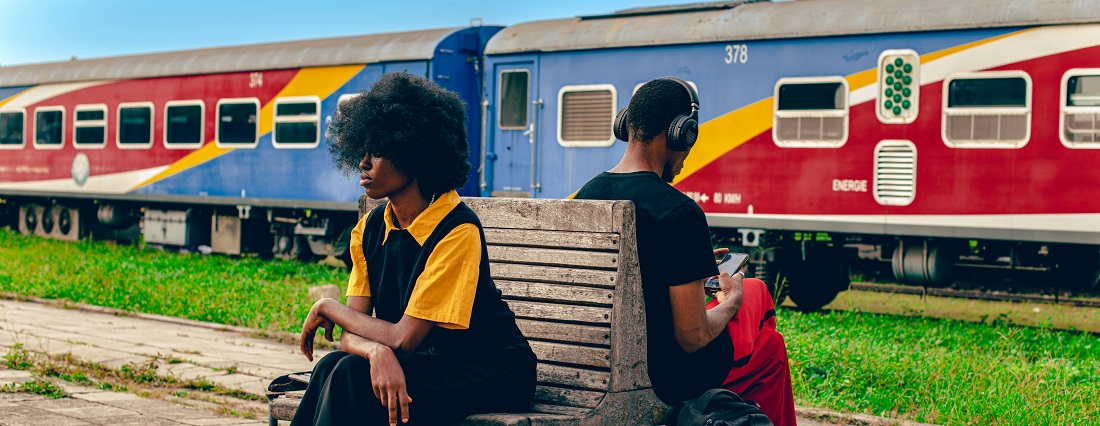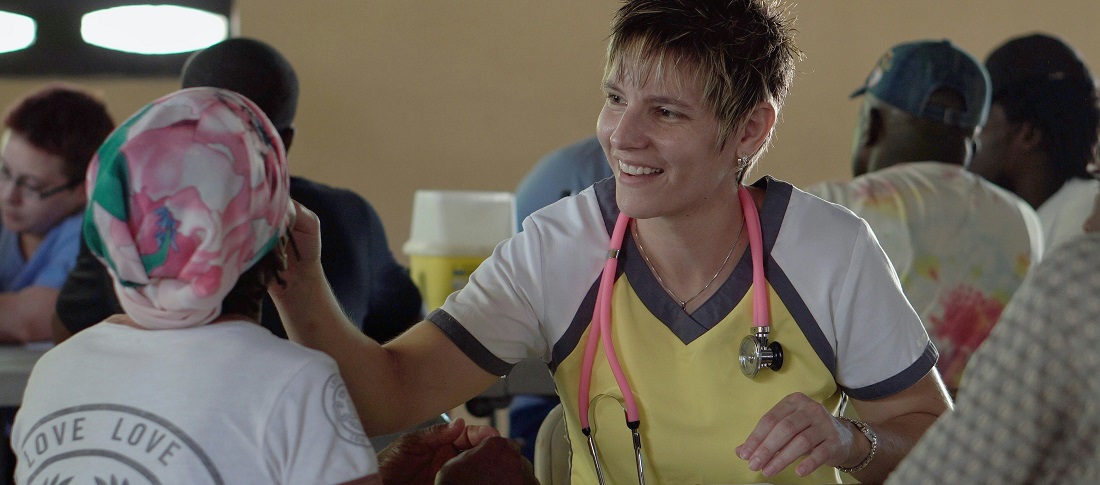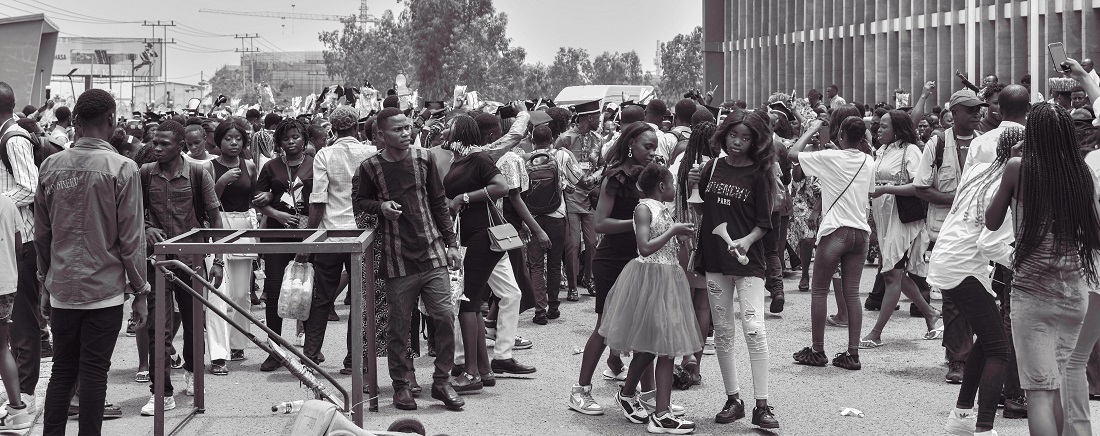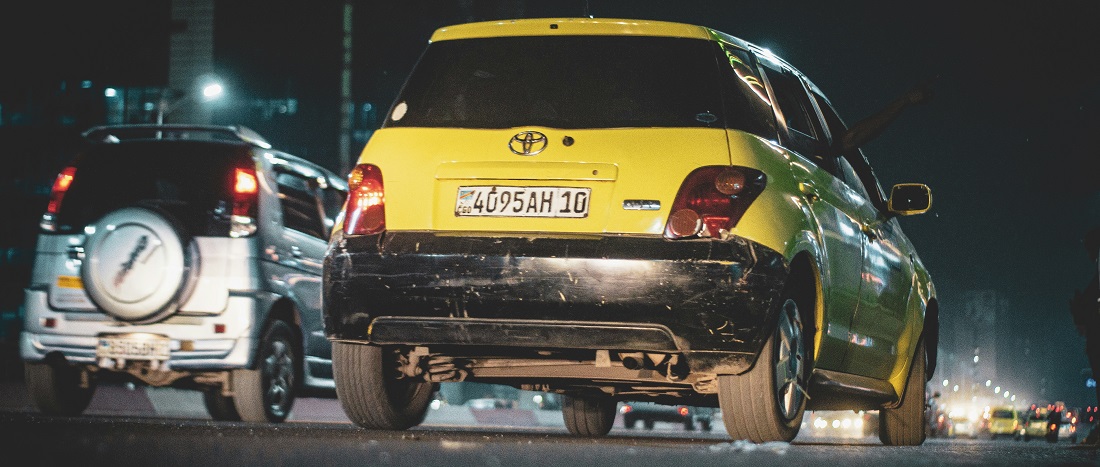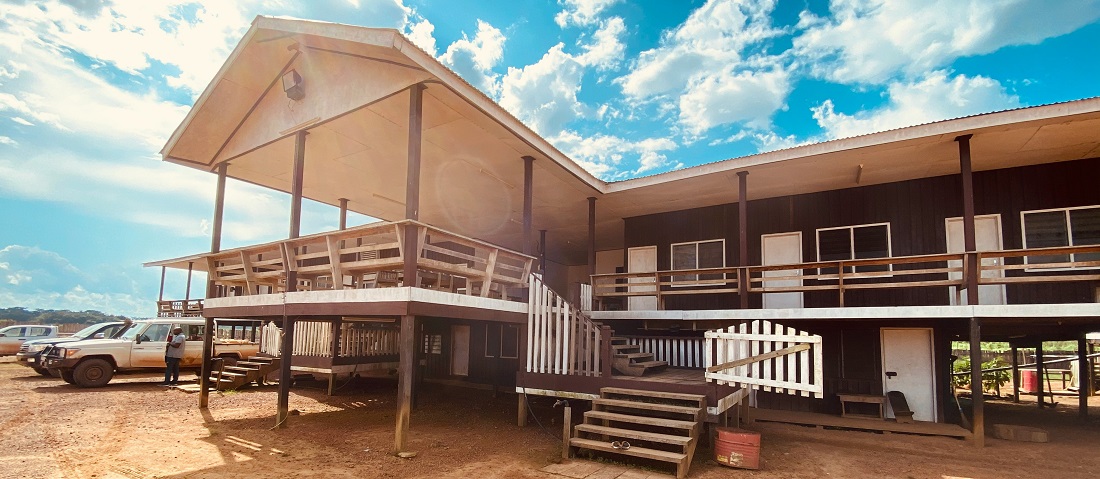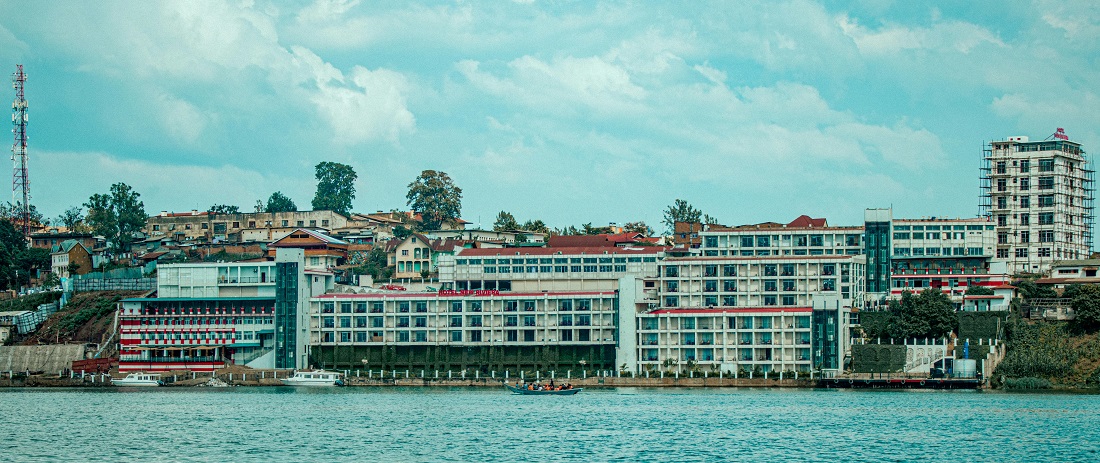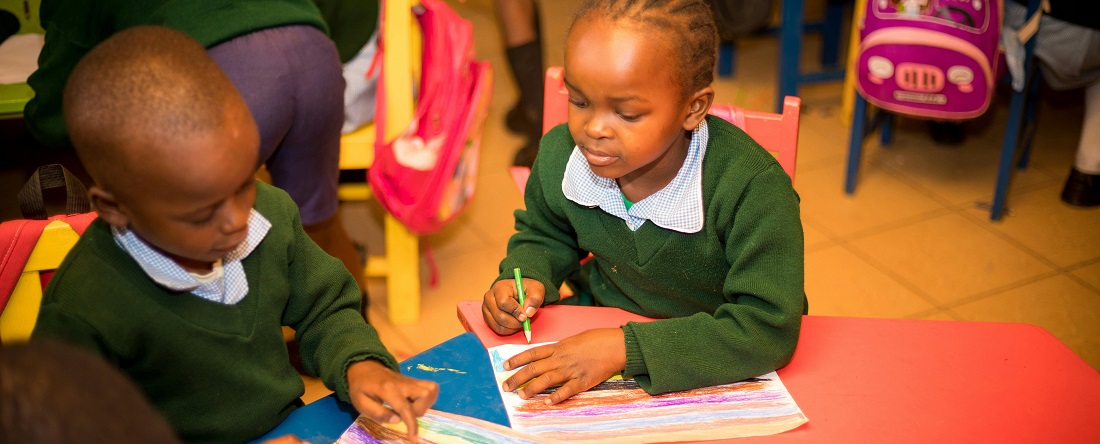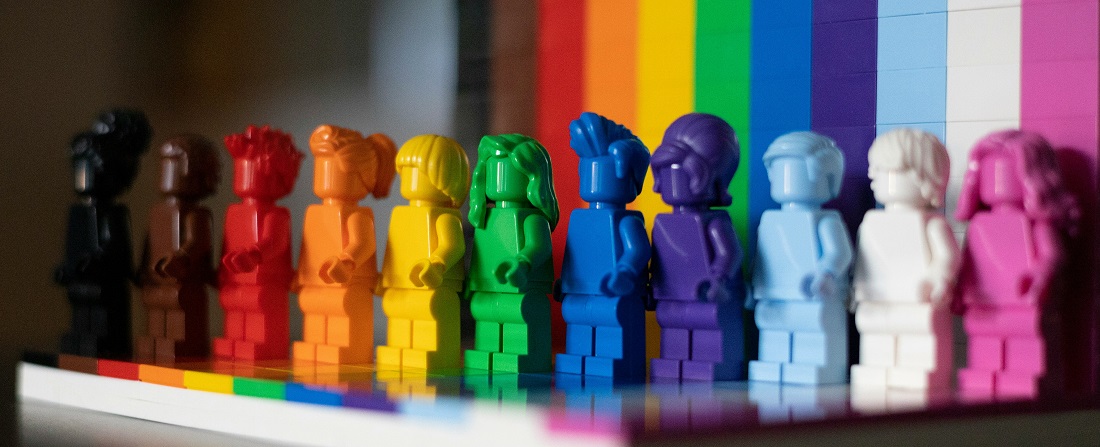Living in the DRC as an expat
The Democratic Republic of the Congo is a country in Central Africa known by several names: the DRC, DR Congo, Congo-Kinshasa, or simply the Congo. Expats considering moving to the DRC may picture gorillas or chimpanzees and the lush Congo Rainforest (the world's second-largest rainforest after the Amazon). New arrivals soon realise that life here has much to offer.
As Africa's second-largest country, the DRC boasts an area greater than France, Germany, Norway, Spain, and Sweden combined. A simple glance at a map does not do justice to the DRC's diversity of environments, natural resources and cultures. The Congo's biodiversity encapsulates jungles, savanna grasslands, mountains, volcanoes, and Africa's Great Lakes region in the east of the country.
Still, one of the main concerns for foreigners moving to the Congo is safety. Although its civil war ended in 2003, the country still struggles with political and economic insecurity. A tumultuous history and a diversity of over 250 ethnic groups have unfortunately left the country at the epicentre of ethnic conflicts in the Great Lakes region for decades. Conflict and violence are prevalent in eastern provinces, and security should not be taken lightly when living in Kinshasa.
Working in the DRC
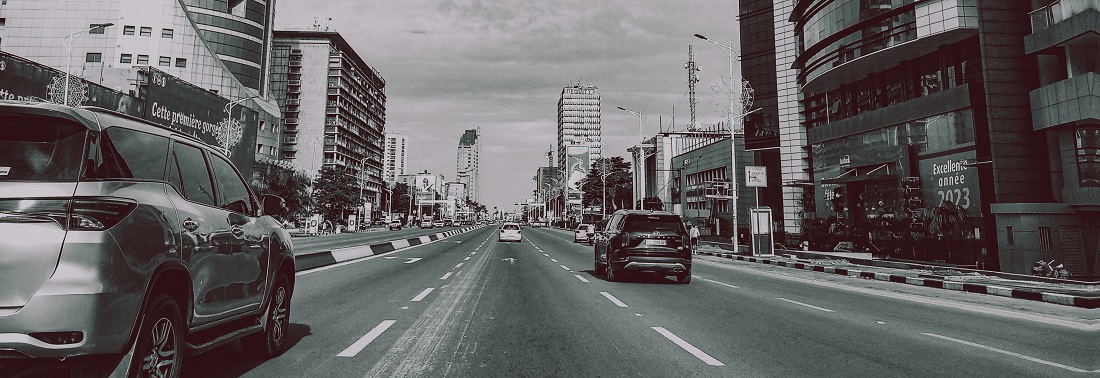
The DRC is famous for its mineral wealth, from cobalt and copper to diamonds and gold. The mining sector is the economy's biggest attraction to foreign investors, while the growing job market allows expats to find work in various sectors ranging from finance to tech. The UN maintains a strong peacekeeping presence in conflict-ridden areas, and humanitarian aid work is another key sector in which expats work.
As an expat, you'll need a work permit to work in the DRC. The work permit application process is usually facilitated by the employer, who must prove the need for a foreign employee. You'll also need a business travel visa and a Yellow Fever vaccination certificate to enter the DRC.
Local culture in the DRC
The DRC is rich in culture, and many new arrivals feel welcome here. More than 200 ethnic groups make up the country's lively cultural mosaic. Although locals are generally friendly towards newcomers, they may also be suspicious of foreigners due to the country's history and experience with foreign powers.
Family plays a major role in Congolese society, and you'll find that it's common for men and women to hold traditional roles in managing the household. The workplace culture in the DRC is hierarchical, which may be challenging for those who are from more egalitarian societies.
Finding accommodation in the DRC
Most expats move to Kinshasa or Lubumbashi, the capital of the southern copper-rich Haut-Katanga province. You'll find that the accommodation options in these cities vary widely in quality. Accommodation that meets Western standards is typically in the form of hotels, gated security complexes, and luxury freestanding houses.
Fortunately, most expats will have their employer sponsor their accommodation, so they won't need to go through the process alone. If you have to find your own accommodation in the DRC, using platforms like Airbnb is the simplest way to find a home, especially if you are only in the country in the short term. Otherwise, contracting a real estate agent is the best way to go.
Advice on Renting Accommodation in the DRC
Cost of living in the DRC
With poor transport infrastructure and high food insecurity, the cost of living in the DRC can be unexpectedly high. Many basic goods and services that you may take for granted are either scarce or come at a premium. Imported products, in particular, tend to be expensive due to logistical challenges and limited availability.
The overall healthcare system is in a dire state, and you are advised to budget for the cost of medical insurance, which includes emergency air evacuation and repatriation.
Living in the DRC with children
Given numerous safety and infrastructural barriers, expats contemplating a move to the Democratic Republic of the Congo should consider their options carefully, particularly if relocating with a family.
Kinshasa is the country's capital and the most developed city. As an economic hub, it offers numerous services and amenities. Kinshasa hosts several Western-standard medical facilities and a handful of international schools. That said, the standard of infrastructure across the Democratic Republic of the Congo is poor. The provision of basic services in most towns, including electricity and water, is often subject to disruption, if present at all.
Healthcare and Medical Insurance in the DRC
Finding a school in the DRC
Congo's public education system is underfunded and understaffed. Local schools typically are not a viable option, while international schools are limited in number and capacity. Expat parents will need to ensure they apply well in advance to secure a spot for their children.
Most international schools in the DRC offer the American, British, or International Baccalaureate curriculum. International schools are known for their pricey tuition, so we recommend negotiating an education allowance as part of your relocation contract. Although international schools are expensive, they offer children an opportunity to continue learning a familiar curriculum and to meet other expat children who may share similar experiences.
Schools and Education for Expats in the DRC
Getting around in the DRC
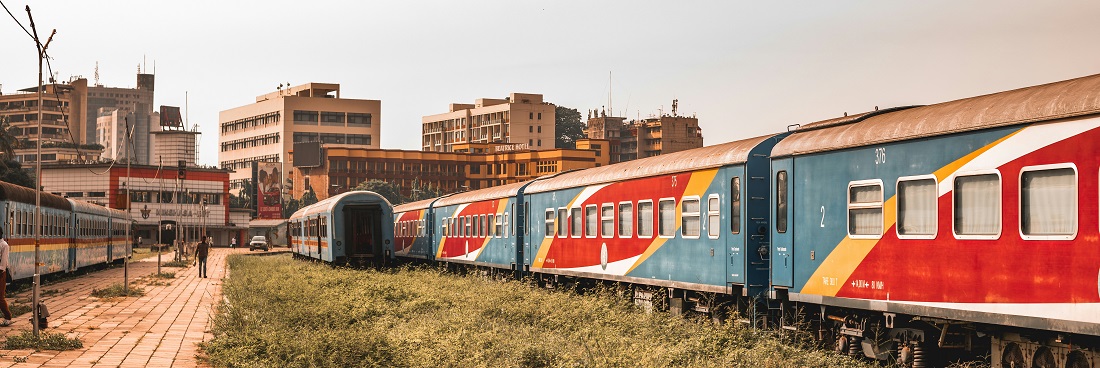
Getting around in the DRC without a car and a driver will be challenging, as the country's public transport system is largely unsuitable for most expats. Driving in the car is initially not recommended as road conditions in parts of the country range from poor to hazardous, so most expat employers provide their employees with a car and driver to help them get around.
Climate and weather in the DRC
The DRC has a tropical climate. Since the country straddles the equator, its northern and southern regions have opposite seasons. From April to October, the north has a dry season, and the south has a rainy season. Nonetheless, the DRC remains humid (averaging 80 percent humidity) with sweltering conditions throughout the year.
An expat's experience in the capital will differ greatly from elsewhere in the country. Despite the hardships, most new arrivals report a friendly environment. With an open mind, determination, and caution for safety, you can embrace moving to and living in the DRC.
Fast facts
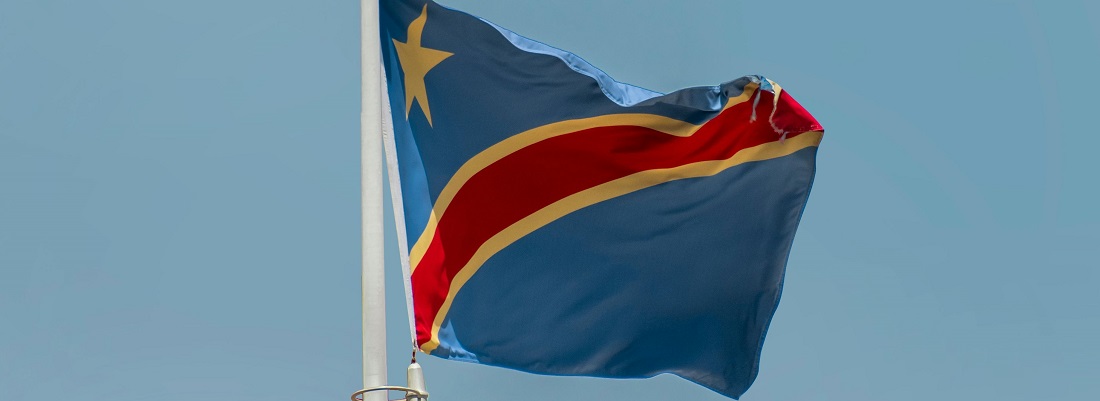
Population: Over 109 million
Capital city: Kinshasa
Neighbouring countries: The Democratic Republic of the Congo borders the Central African Republic and South Sudan to the north, Uganda, Rwanda, Burundi, and Tanzania to the east, Zambia and Angola to the south, and the Republic of the Congo to the west.
Political system: Unitary semi-presidential constitutional republic
Major religions: Christianity
Main languages: French, and Kikongo, Lingala, Swahili, and Tshiluba are also officially recognised
Time: GMT+1 and GMT+2
Money: The Congolese Franc (CDF) is the local currency and can be divided into 100 centimes. The US dollar is also widely used across the country. ATMs and card facilities are available in major urban centres, but rural areas seldom have these.
Electricity: 220V, 50 Hz. Plugs with two or three round pins are used.
International dialling code: +243
Internet TLD: .cd
Emergency numbers: Emergency services are extremely limited. Expats are advised to seek out private security services and hospitals in emergencies.
Transport and driving: Vehicles drive on the right-hand side of the road. Public transport is limited and generally unsuitable for expats. Road infrastructure is underdeveloped, particularly in rural areas.
